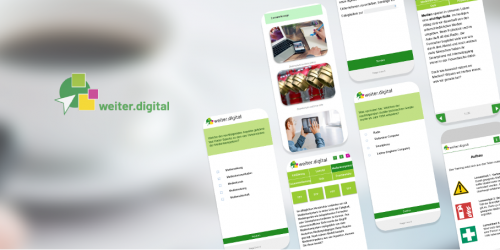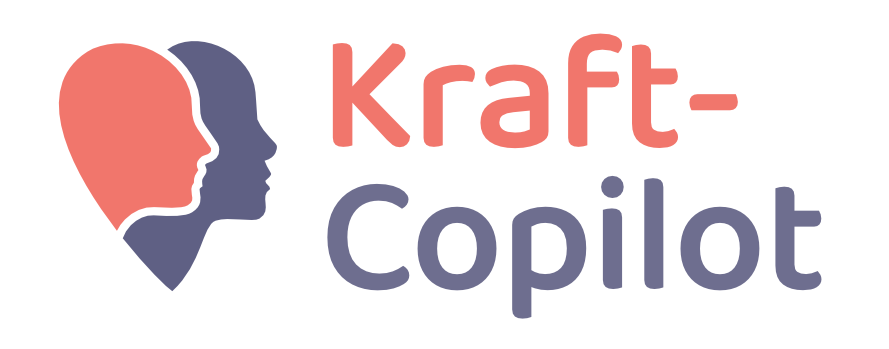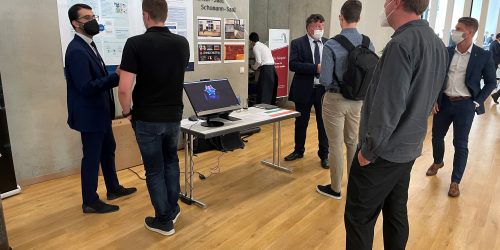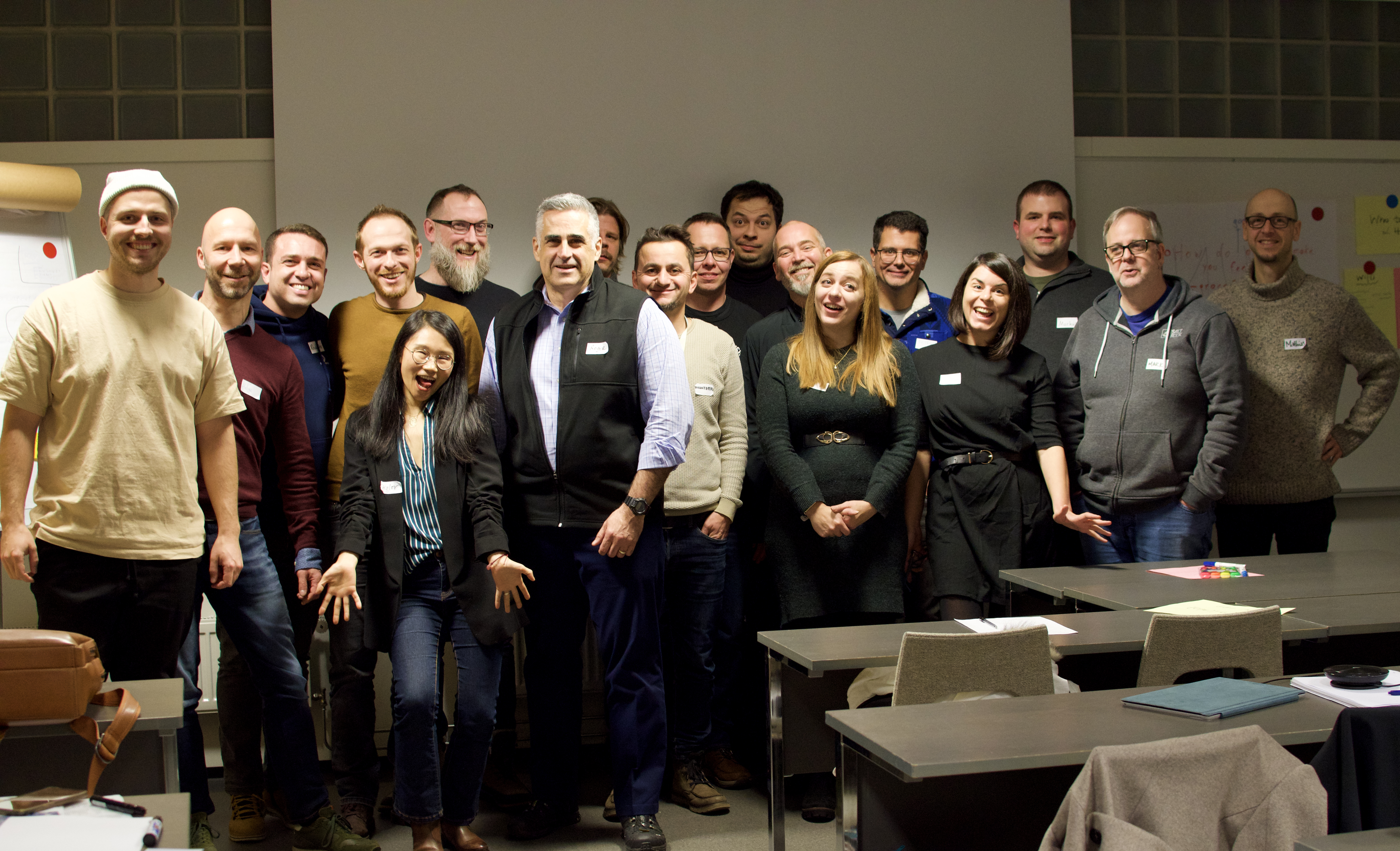ZukunfTAlter – An alliance for participation and quality of life in rural areas
The WIR Alliance "ZukunfTAlter - Future technologies for successful aging in rural areas" of BMBF project in the field of "Innovation and Structural Change" is convinced that social and technological innovations can make Upper Lusatia more attractive and support the individual participation of local people. To achieve this, the alliance aims to establish Upper Lusatia as a model region for housing, living environment and health, involving business, civil society and science. Innovative and sustainable projects are initiated and implemented jointly - for successful aging and good coexistence between young and old in Upper Lusatia.
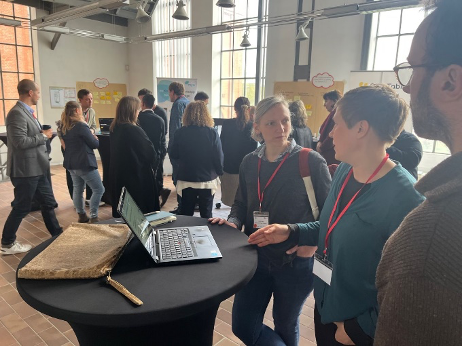 The alliance event on April 27, 2023 in Knappenrode offered the first opportunity for the alliance partners to get to know each other personally and to network. As part of a strategy workshop, measures to build digital and technology competencies in Upper Lusatia and options for the sustainable consolidation of the “ZukunftAlter” alliance were discussed. In addition to exciting insights into the projects “InnoQ3 - innovative care in the neighborhood” and “SeSmoVIT - sensor-based, smart textiles for seniors”, the start-ups “Bearcover”, “Caretable” and “Myo” also presented their innovative products and services for older people.
The alliance event on April 27, 2023 in Knappenrode offered the first opportunity for the alliance partners to get to know each other personally and to network. As part of a strategy workshop, measures to build digital and technology competencies in Upper Lusatia and options for the sustainable consolidation of the “ZukunftAlter” alliance were discussed. In addition to exciting insights into the projects “InnoQ3 - innovative care in the neighborhood” and “SeSmoVIT - sensor-based, smart textiles for seniors”, the start-ups “Bearcover”, “Caretable” and “Myo” also presented their innovative products and services for older people.
On April 25, 2023, the TU Dresden team will visit the geriatric and nursing care fair in Nuremberg. On site, discussions were held with start-ups and established companies in the field of gero-technologies, insights into the diverse innovations in the care sector were gained, and an open exchange was held about the "ZukunfTAlter" alliance. In addition, the young companies were asked about existing obstacles to start-ups in rural areas. "Poor infrastructure", "problems in recruiting employees" and "fewer networking opportunities" in rural areas were cited as the biggest obstacles to the realization of business projects.
The project achieved its first scientific results by recording the current state of research on “gero-technologies in care” and identifying “successful conditions for establishing a start-up ecosystem in rural areas”. The results of the literature research on “gero-technologies in care” show that the use of remote monitoring systems or assistive robots improves the well-being and independence of senior citizens and relieves the burden on nursing staff. Obstacles to the implementation of gero-technological solutions lie primarily in data protection, disagreement on ethical issues and the technical skills of nursing staff that need to be improved. From the results
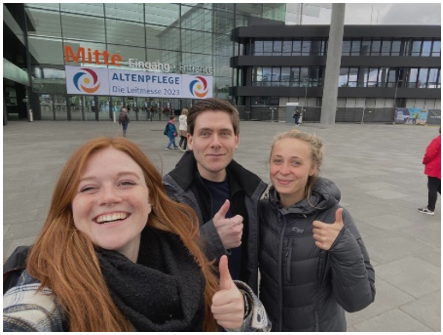
The expert interview series on the exploration of "successful conditions for establishing a start-up ecosystem in rural areas" reveals six areas of action in particular. These include improving transport links, increasing the attractiveness of life, creating a center, expanding the support landscape for founders, strengthening the willingness to start a business and increasing the visibility of rural areas such as Upper Lusatia. Furthermore, a questionnaire study is planned that targets people over 60 years of age in the Upper Lusatia region. The survey will determine both the target group's housing satisfaction and factors influencing their housing satisfaction. For this purpose, the questions focus on the topics of "housing and life", "health" and "technology and media". The questions regarding "technology and media" also include aspects that relate to the attitude and acceptance of people aged 60 and over in the Upper Lusatia region towards digital assistance technologies and their technical competence. The results will then be discussed with municipal representatives from the health and care sectors. At the end of the study, necessary practical interventions in the social and technological areas that promote successful aging will be explored and, based on this, recommendations for action for needs-based implementation projects will be developed.

